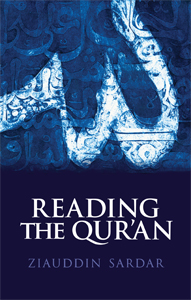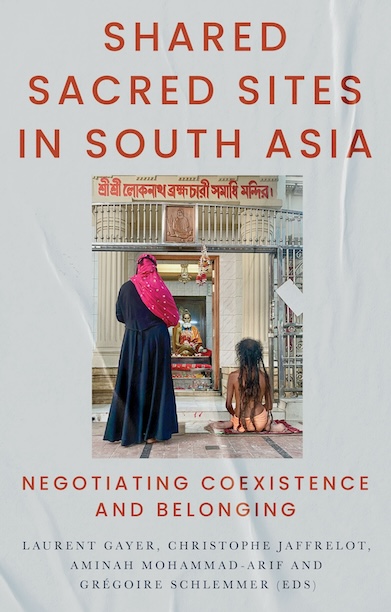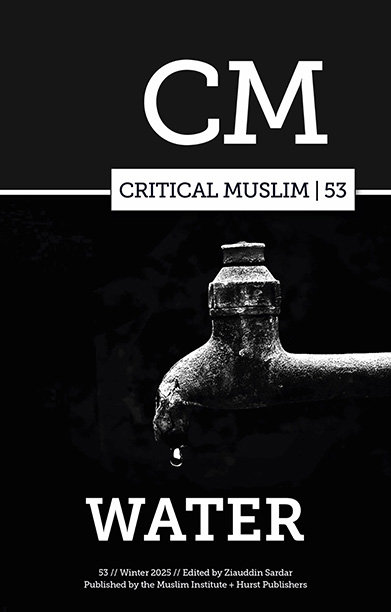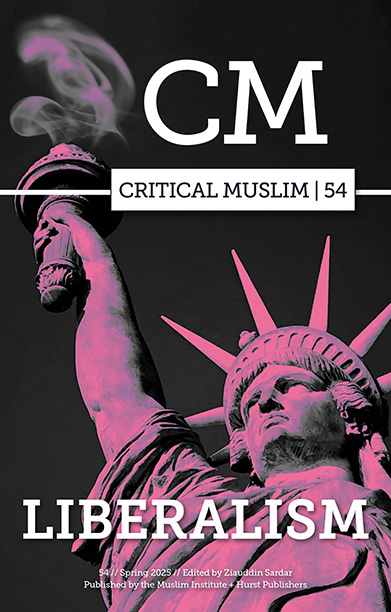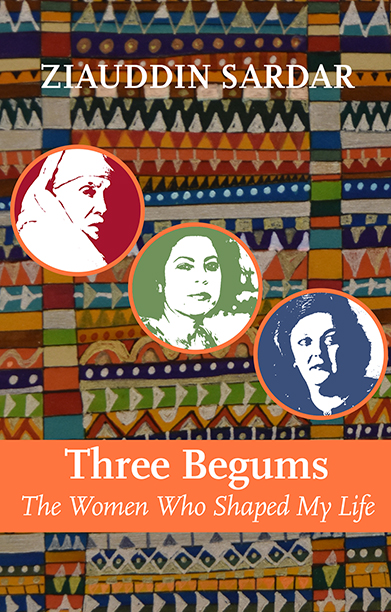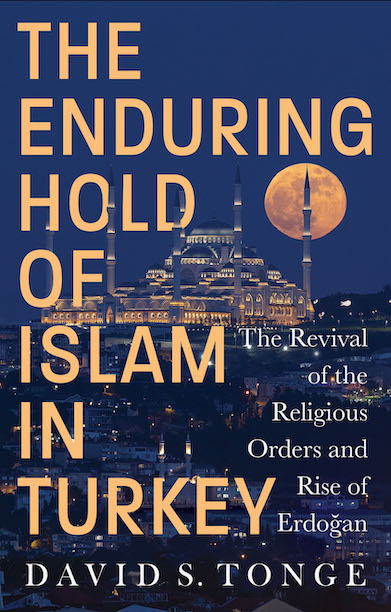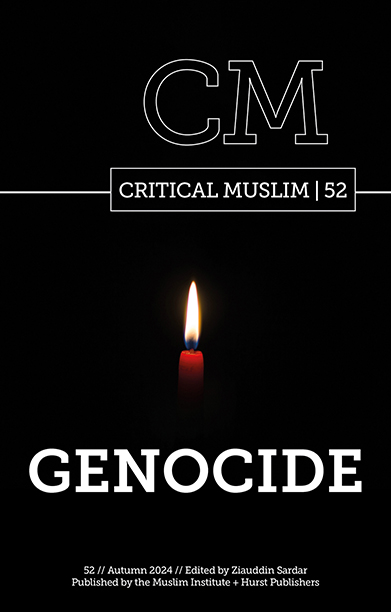Reading the Qur’an
‘If one could pick just one book to connect the Muslim past with its complex present and future potential, ‘Reading the Qur’an’ would be that book.’ — Professor Bruce Lawrence, Duke University
Description
Few books have had a more profound impact on human history than the Qur’an. It shapes the beliefs, lives and behaviour of over 1.5 billion Muslims, who regard it as the Word of God, revealed to the Prophet Muhammad. Speaking directly to Muslims, it has been the basic source of law, morality and politics for over 1,400 years. Almost everything that happens in a Muslim society is a direct or indirect product of what the Qur’an says. But what does the Qur’an really say? How should it be read and interpreted? What is the significance of its teachings, if any, for the 21st century? In this enlightening and highly readable book, Ziauddin Sardar, one of the foremost Muslim intellectuals of our time, offers a refreshingly new interpretation of the Qur’an. Emphasising plurality and inclusiveness, Sardar demonstrates the importance of reading the verses of the Qur’an in the context in which they were revealed, and highlights the relevance of its teachings for today. Sardar reads the Qur’an from several perspectives. He begins with the traditional, verse-by-verse interpretations and subsequently shows how the multilayered verses and stories of the Sacred Text are open to a number of different and more enlightening interpretations. He also reads the Quran thematically, exploring its basic concepts and themes, painting a dynamic picture of the kind of society that the Qur’an aims to create. Also scrutinised is what the Qur’an says about such contemporary topics as power and politics, the rights of women, suicide, domestic violence, sex, homosexuality, the veil, freedom of expression and evolution. Throughout, Sardar uses several different methods, from traditional exegesis to hermeneutics, critical theory and cultural analysis to draw fresh and contemporary lessons from the Sacred Text. He shows what the Qur’an means to individuals like himself, why its interpretation has been so controversial throughout history, and how translations can be used to promote misunderstanding as well as enlightenment. Argumentative and lively, Reading the Qur’an is an insightful guide to understanding the Sacred Text of Muslims in these conflict-ridden and distressing times. Whatever one believes or does not believe, the central importance of the Qur’an in today’s globalised world cannot be ignored.
Reviews
‘In today’s climate, few books are more deserving of study [than the Qur’an]. As Harold Bloom, the veteran literary critic, has remarked, “ignorance of the Qur’an is foolish and increasingly dangerous”. For people wise enough to heed Bloom’s warning, Sardar’s book — an extended meditation built around the Qur’an’s first two chapters — is a good place to start. … Divine revelation demands that “we constantly think outside the box of our earthly concerns by keeping in mind the intersection of time and timelessness”. Writing as “Every Muslim” with a deep love of a text he learned at his mother’s knee, Sardar rises to this challenge, wrestling with problematic passages that would seem to run counter to his generally progressive and enlightened outlook.’ — Malise Ruthven, The Guardian
‘This book performs the essential democratic function of suggesting that the Qur’an can and indeed ought to be read intelligently by the lay Muslims and non-Muslims alike, and effectively debunks the myth that the sacred book of Islam is only accessible through the medium of Arabic … Not only does Reading the Qur’an make many timely and necessary points; it is also highly readable … It is punctuated by beautiful metaphors … and witty, sometimes even risqué comments.’ — The Times Literary Supplement
‘This lucid, scholarly and exciting book could not be more timely; it takes the reader on a spiritual and intellectual journey that is essential for Muslim and non-Muslim alike and addresses some of the most pressing needs of our time.’ — Karen Armstrong, author of A History of God and Muhammad: A Biography of the Prophet
‘[Sardar] is asking the right questions, and the health of the world community over the next couple of centuries may depend on how well, and how often, others in his faith ask the same questions.’ — National Review
‘Sardar is passionate in his approach without being dogmatic. Will appeal to many open-minded readers of other faiths and those generally interested in spirituality.’ — Booklist
‘Books on Sacred Books are often tedious and dreary – usually appealing only to the scholarly or the deeply faithful. Not this one. Ziauddin Sardar’s Reading the Qur’an, is the most exciting book on the Qur’an in recent years; it is a poignant and intimate work on Islam’s central text. Sardar is excited about the texts, and excites others about it. The quintessential argumentative lover who never ceases to be critical, Sardar approaches the Qur’an as both a lay believer, like the majority of Muslims, and an astute scholar of Islam. By providing a personal account of the relationship that he has with the Qur’an, which was nourished since childhood by learning and reciting the Qur’an in its classical Arabic, Sardar echoes the cherished position which the Qur’an has for many Muslims. … This is a wonderfully intelligent reading of a complex text within a contemporary context. … By providing the Qur’an with a dynamic and empathetic voice on issues such as domestic violence, suicide, evolution, sex and sexuality, art, politics and power, Sardar ensures the Qur’an remains a warm, relevant and vibrant force within contemporary Muslim discourse.’ — Professor Farid Esack, University of Johannesburg
‘If one could pick just one book to connect the Muslim past with its complex present and future potential, Reading the Qur’an would be that book. To use a metaphor from the eleventh-century exemplar of rational mysticism, Imam Ghazzali, both Muslims and non-Muslims must “sail into the endless ocean of its meanings”, with Ziauddin Sardar the nimble captain on that voyage of hope and discovery.’ — Professor Bruce Lawrence, Duke University
‘Sardar explores the Quran from a variety of perspectives, drawing fresh and contemporary lessons from the Sacred Text.’ — Islamic Horizons
‘A helpful book for opening the minds of spiritually engaged readers interested in the place of holy books in today’s world.’ — Library Journal
Author(s)
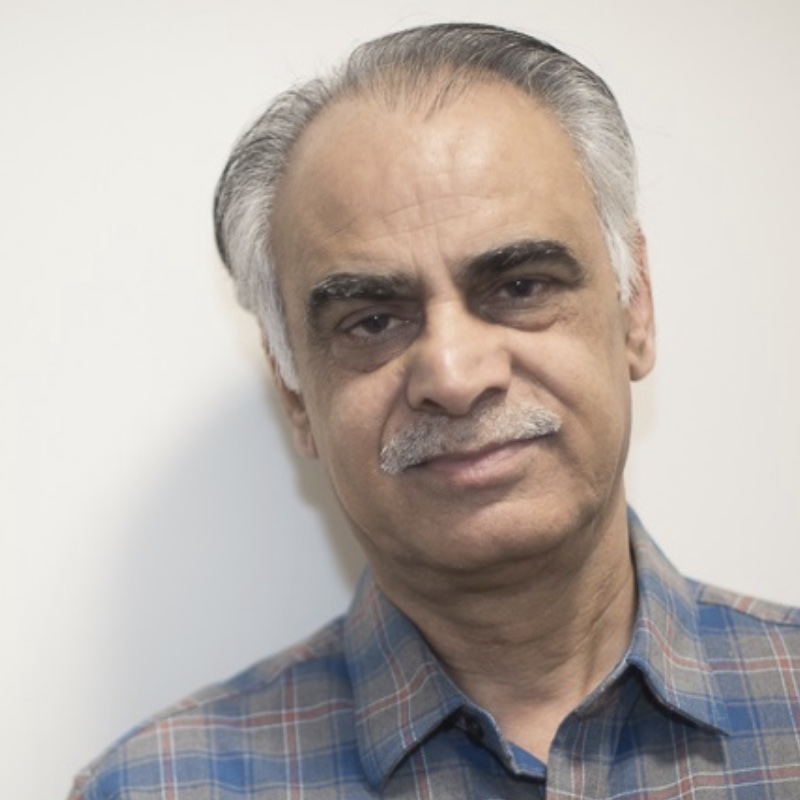
Ziauddin Sardar is an award-winning, internationally renowned writer, futurist and cultural critic. His many books include Three Begums; Reading the Qur’an and A Person of Pakistani Origins (all published by Hurst); Mecca: The Sacred City; and Desperately Seeking Paradise: Journeys of a Sceptical Muslim. A former New Statesman columnist and UK equality and human rights commissioner, he is Editor of the influential quarterly Critical Muslim.
